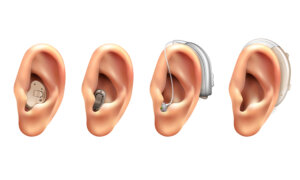
Coronaviruses are a large family of viruses that are known to cause illness ranging from the common cold to more severe diseases such as Middle East Respiratory Syndrome (MERS) and Severe Acute Respiratory Syndrome (SARS).
A novel coronavirus (nCoV) is a new strain that has not been previously identified in humans.
Coronaviruses are zoonotic, meaning they are transmitted between animals and people. Detailed investigations found that SARS-CoV was transmitted from civet cats to humans and MERS-CoV from dromedary camels to humans. Several known coronaviruses are circulating in animals that have not yet infected humans.

On 31 December 2019, the WHO China Country Office was informed of cases of pneumonia of unknown cause detected in Wuhan City, Hubei Province of China. A novel coronavirus (2019-nCoV) was identified as the causative virus by Chinese authorities on 7 January.
On 10 January, WHO published a range of interim guidance for all countries on how they can prepare for this virus, including how to monitor for sick people, test samples, treat patients, control infection in health centres, maintain the right supplies, and communicate with the public about this new virus.

The first cases of the pneumonia-like virus were reported in Wuhan, China on Dec. 31, 2019. Since then, the virus has spread to various other countries, including Thailand, Japan, the Republic of Korea, the United States, Australia, France, among others.
The first U.S. case was confirmed on Jan. 21 in a man in Washington state who had recently traveled to Wuhan. On Jan. 24, officials confirmed a second case in a woman from Chicago who had also recently traveled to the Chinese city. Both cases were hospitalized, but doing well, officials said.
Common signs of infection include:
– Respiratory symptoms
– Fever
– Cough
– Shortness of breath
– Breathing difficulties.
In more severe cases, infection can cause pneumonia, severe acute respiratory syndrome, kidney failure and even death.
There is no specific treatment for disease caused by a novel coronavirus. However, many of the symptoms can be treated and therefore treatment is based on the patient’s clinical condition. Moreover, supportive care for infected persons can be highly effective










